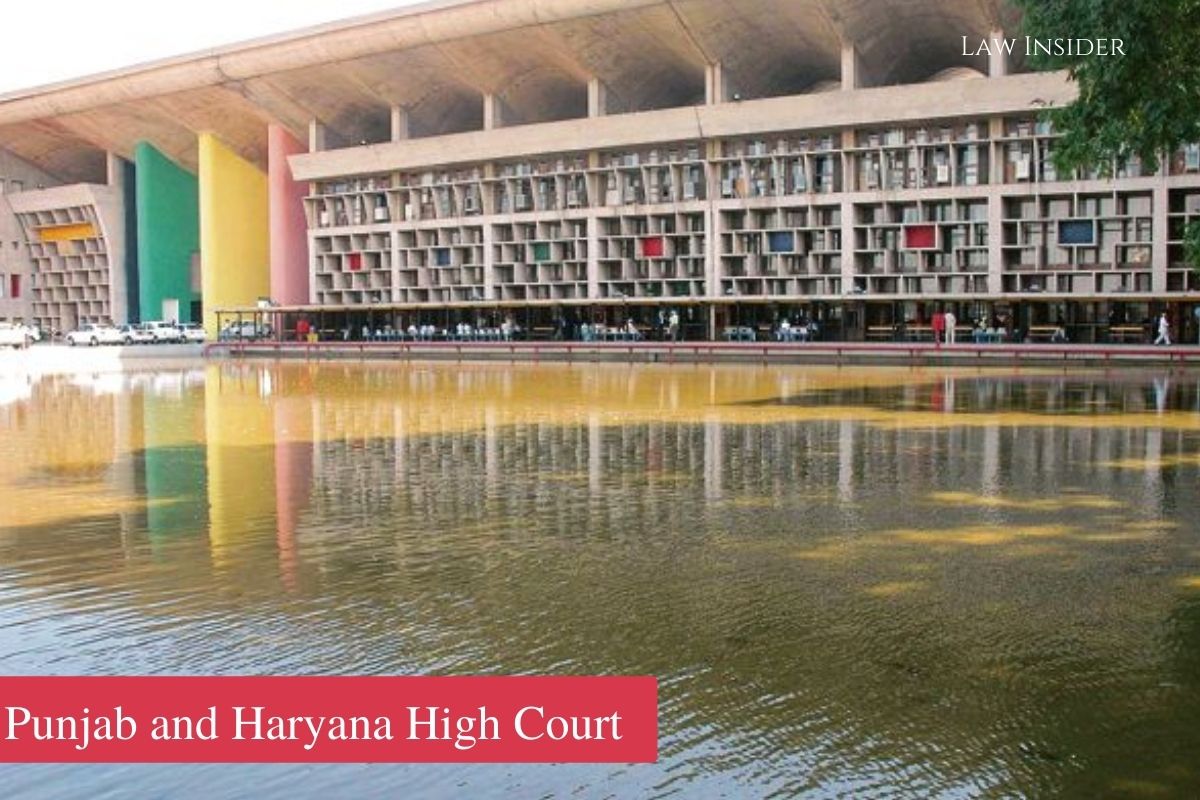LI Network
Published on: November 18, 2023 at 11:47 IST
The Punjab & Haryana High Court has declared the Haryana State Employment of Local Candidates Act, 2020, which enforces a 75% reservation for Haryana residents in private sector jobs with a monthly salary below Rs 30,000, as unconstitutional.
The judgment, delivered by a division bench of Justice G.S. Sandhawalia and Justice Harpreet Kaur Jeewan, deems the legislation violative of Part-III of the constitution.
The court asserted that the Act infringes upon the freedom granted under Article 19 of the Constitution, emphasizing that the state cannot construct walls around its territory, thereby impeding the unity embodied in the Constitution.
The judges expressed their disapproval of the discriminatory policy, stating that it negatively discriminates against citizens from other parts of the country.
Key Grounds on Which the Law Was Declared Unconstitutional:
- Article 35 Bars State From Legislating On Domicile In Employment:
The court analyzed Article 35 of the Constitution, highlighting its specific prohibition on state legislatures from making laws related to matters under Article 16(3). It emphasized that the power to legislate on domicile requirements for employment is vested in the Parliament, not the state. - Discrimination Against Non-Residents:
The court condemned the 75% reservation for locals as discriminatory, asserting that the state cannot discriminate against individuals based on their non-resident status. The judges likened the policy to a manifestation of discriminatory practices, stating that it implies, “you are not one of us and, therefore, not eligible for employment.” - Violation Of Equality Under Article 14:
The court held that the legislation violates the right to equality, citing the principles established in the Navtej Singh Johar case. It criticized the legislation for treating citizens as migrants and disregarding their equal right to employment. - Violation Of Freedom Under Article 19:
The court emphasized that the freedom granted under Article 19 cannot be curtailed by the state, declaring the provisions of the Act as unconstitutional barriers. It referred specifically to Article 19(1)(d) and 19(1)(g). - Unreasonable Restriction On Right To Move Under Article 19:
The court held that the Act imposes unreasonable restrictions on the right to move freely throughout India, violating Article 19. It stated that the Act’s structure is not reasonable and directs employers to violate constitutional provisions. - Violation Of Constitutional Morality:
The concept of constitutional morality was deemed violated by creating a secondary status for citizens not belonging to Haryana, curtailing their fundamental rights. The court criticized the exploitation of private employment prohibitions by the state, leading to a breach of constitutional principles. - Inspector Raj Of State:
Examining the Act, the court deemed its structure violative of fundamental rights, particularly the requirement to register employees on a designated portal and the control exercised by designated officers. It compared these conditions to an “Inspector Raj” of the state.
In conclusion, the court ruled that the Haryana State Employment of Local Candidates Act, 2020, is unconstitutional and ineffective from the date it came into force. This decision marks a significant step in challenging domicile quotas that create barriers and discrimination in employment.

